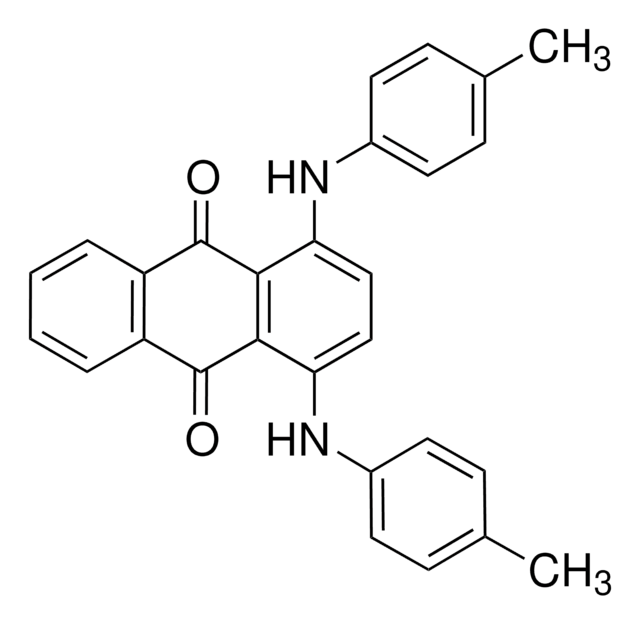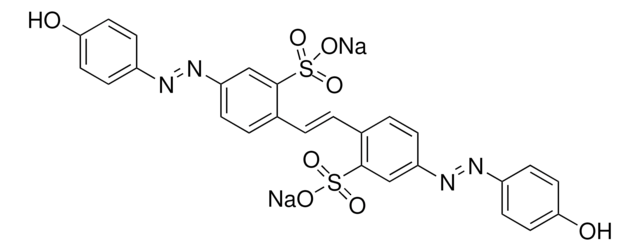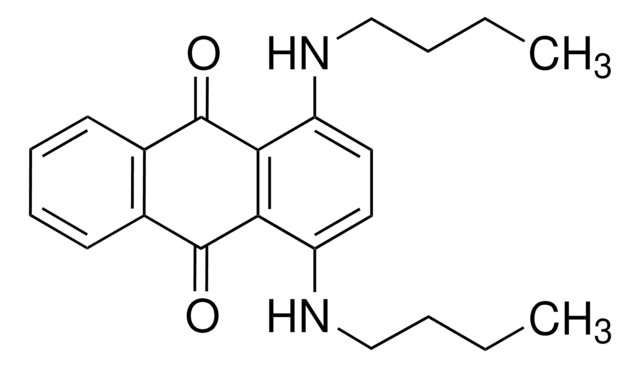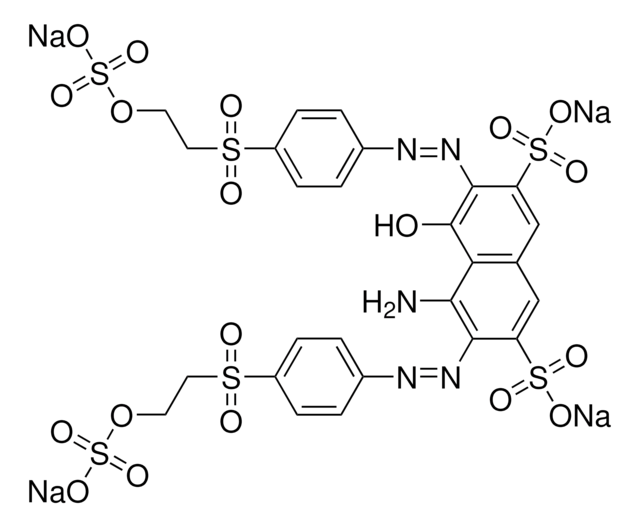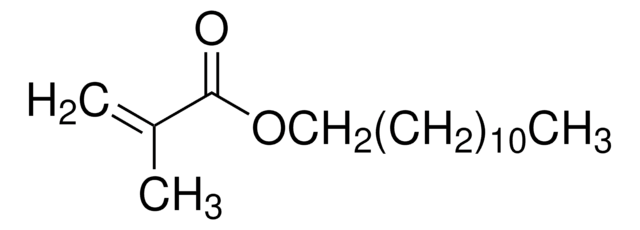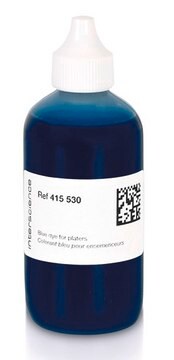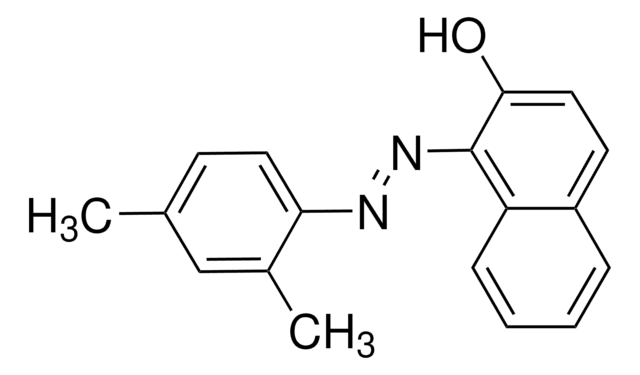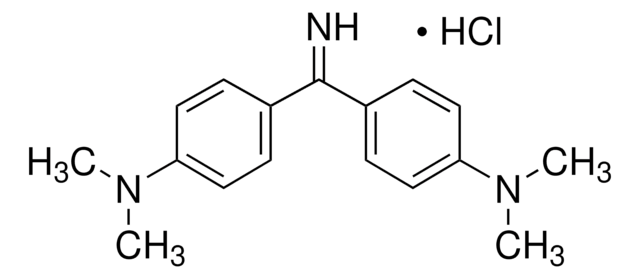About This Item
Recommended Products
form
powder or crystals
Quality Level
composition
Dye content, 25%
mp
205 °C (dec.) (lit.)
λmax
654 nm
ε (extinction coefficient)
≥12000 at 257-263 nm in water at 0.01 g/L
≥4500 at 289-295 nm in water at 0.01 g/L
≥45000 at 651-657 nm in water at 0.01 g/L
application(s)
diagnostic assay manufacturing
hematology
histology
storage temp.
room temp
SMILES string
[Cl-].CCN(CC)c1ccc2nc3ccc(cc3[o+]c2c1)N(CC)CC
InChI
1S/C20H26N3O.ClH/c1-5-22(6-2)15-9-11-17-19(13-15)24-20-14-16(23(7-3)8-4)10-12-18(20)21-17;/h9-14H,5-8H2,1-4H3;1H/q+1;/p-1
InChI key
IURGIPVDZKDLIX-UHFFFAOYSA-M
Looking for similar products? Visit Product Comparison Guide
Related Categories
General description
Application
Storage Class Code
11 - Combustible Solids
WGK
WGK 3
Flash Point(F)
Not applicable
Flash Point(C)
Not applicable
Personal Protective Equipment
Choose from one of the most recent versions:
Already Own This Product?
Find documentation for the products that you have recently purchased in the Document Library.
Customers Also Viewed
Our team of scientists has experience in all areas of research including Life Science, Material Science, Chemical Synthesis, Chromatography, Analytical and many others.
Contact Technical Service
